
The 7 Minute Rule of Social Media: How to Use the New Tools of e-Networking without Drowning in the Timesuck
Flop sweat erupts on foreheads. Faces go pale and bloodless. Hands tremor. Eyes widen in terror. These are all symptoms suffered by writers when I tell them that they have to engage in social media. They moan, they groan, I’ve even seen grown men cry. Many are still living under the misguided fantasy that they can sit out in their cabin by the lake and write their magnificent opus, send it off to him Mr. Harper and Mr. Collins, get a book deal, then wait for Oprah to call, and watch the checks roll in. I can’t tell you how many times I’ve gotten queries from writers that actually say, “I’d be willing to go on Oprah.” Who wouldn’t be WILLING to go on Oprah. Apart from Jonathan Franzen of course. The question is, how are YOU going to get YOURSELF on Oprah.
[fusion_builder_container hundred_percent=”yes” overflow=”visible”][fusion_builder_row][fusion_builder_column type=”1_1″ background_position=”left top” background_color=”” border_size=”” border_color=”” border_style=”solid” spacing=”yes” background_image=”” background_repeat=”no-repeat” padding=”” margin_top=”0px” margin_bottom=”0px” class=”” id=”” animation_type=”” animation_speed=”0.3″ animation_direction=”left” hide_on_mobile=”no” center_content=”no” min_height=”none”]
Just the other day, I sent a proposal for a beautiful, moving, touching, well-written memoir to fantastic, cutting edge, alternative independent press. The editor said she wouldn’t even read the proposal because the author didn’t have a Platform. Platform, for those who don’t know, is the new publishing buzzword.
[/fusion_builder_column][fusion_builder_column type=”1_1″ background_position=”left top” background_color=”” border_size=”” border_color=”” border_style=”solid” spacing=”yes” background_image=”” background_repeat=”no-repeat” padding=”” margin_top=”0px” margin_bottom=”0px” class=”” id=”” animation_type=”” animation_speed=”0.3″ animation_direction=”left” hide_on_mobile=”no” center_content=”no” min_height=”none”]
I often say that the greatest pitch you could give for a book is in this day and age: “I have 1 million Twitter followers and they all want to buy my book.” It doesn’t matter what your book is. Agents, editors and publishers will line up around the cyber block to be in business with you. But for many authors who don’t have a website, aren’t up on Twitter, and only have a Facebook page where they can post pictures of their kids and/or grandkids, the idea of building a platform, tweeting every day, friending people they don’t know, and spending hours and hours and hours of their one precious life networking socially on the Internet sounds as appealing as getting a root canal from a Nazi without Novocain. That’s why I devised the 7 Minute Rule of Social Media.
Every day, spend 7 minutes connecting with your tribe.
It’s like brushing your teeth. Washing your face. Make it part of your daily routine. Make it a habit. Habits are incredibly powerful. Bad ones and good ones. If you need to, set the timer on your smart phone for 7 minutes. It’s not much out of your day. Out of your life. But the trick is, you have to do it every day. EVERY DAY. Like a habit.
So, how do you get started? The first thing to do is research.
1. Research
Check out the various platforms available to you. The obvious ones are Twitter and Facebook, but as you dig deeper, you’ll find cool sites for writers like:
Poke around, see who’s there, see what they’re talking about. You should engage in the social media that suits you best. I happen to like coming up with 140 character messages. It appeals to the poet in me. My wife on the other hand is Jewish, and can’t possibly express herself in 140 characters. She likes Facebook. And so it goes.
2. Give
Then start engaging with people who you think are funny, smart, entertaining, etc. Make comments on their posts. Be generous. This is one of the big misconceptions about Social Media. It’s not about asking other people to do nice things for you. I get so sick and tired of people I don’t know asking me to like them, to love them, to vote for them, to buy things from them. You wouldn’t just walk up to someone on the street and say, Love me. Well, you might, but if you did it often enough, there’s a good chance you’d be arrested. The guiding principle for successful Social Media is Good Samaritanism. If someone does something nice for me online, it’s my natural inclination to do something nice for them. In a utopia, this would be how the world would work.
3. Friend
Once you get comfortable on the site that suits you, start making a couple of friend requests every day to like-minded people. For example, if you’re writing a book that’s like Game of Thrones, go to the Game of Thrones page on Facebook and start cherry picking people who seem simpatico. These sites all have wonderful search tools also. So you can put in words that are related to your book, and find people who will be passionate about what you’re passionate about.
4. Identify Keywords
This leads us to Key Words. Search terms. You should identify 5 to 10 words that apply to your book. I have a new illustrated novel that just came out called Mort Morte. It’s reminiscent of Lewis Carroll and The Tin Drum. It’s filled with black comedy. It has cheerleaders in it. It’s a coming-of-age story. It’s illustrated. Some of it takes place in Texas. It’s about a boy who really loves his mom. All of these ideas can be boiled down to phrases and words. Those will be my search words or keywords. That’s how I’ll find people who gravitate toward my book.
5. Find Leaders
I also make a list of 10 or 15 leaders in whatever field I’m writing. And I try to connect with them. Again, first I write little reviews of their books on Amazon. I make comments when they post a blog, or they’re interviewed online. And I make sure I let them know that I’m doing nice things for them. You’d be shocked how much people pay attention to what’s happening online. Or maybe wouldn’t. But you absolutely will be amazed by how accessible people are if you ask them nicely for something that’s easy for them to do.
6. Build a Home
A lot of people ask me if they should have a website. You should only have a website if you’re prepared to make a really good website. It doesn’t have to be expensive, it doesn’t have to have a lot of bells and whistles. But it has to look good. And it has to be user-friendly. Easy to navigate. And “sticky”. In other words, when someone goes onto your website, you want to give them reasons to stay there. And the only way a website is valuable is if you water and feed it on a regular basis. You can do this by making comments on what other people are talking about. Put up book reviews, movie reviews, write about what’s going on in the world, let people know your book is progressing. You can put up little paragraphs from your book. You could have one of the characters in one of your stories have a blog on your website. Pictures, movies, so many fun things that you can use this content. Debbie Gallant, a wonderful writer and a friend of mine, had a book coming out that was about romance in cars. I suggested that she have people writing stories about their romantic adventures in cars. So she actually got her readers to create content for her. Make sure you have a great bio that’s fun and interesting and describes you thoroughly. Have a resource section we post items of interest to you and your readers. Calendar of events and appearances, a future project section. Contact information. It might be fun to do a series of interviews with people you admire. It’s a great way to connect with their audience, and then connect with their agent, editor, etc.
If you’re not very computer savvy, just find a Child Mentor. Someone between the ages of 10 and 17, the young person who was raised on computers. Most of them will be able to create a Facebook page in about 10 min. And the good news is, they work for candy bars. When you do make set up an account for yourself on a website, make sure you give as much information as you can about the books you like, the writers you enjoy, the movies that entertain you, the social causes you’re engaged in, your hobbies, where you went to college and high school. These will all help people find you as they search for stuff they are interested in.
- Befriend a Child Mentor
- Figure out which Key Words best describe you and your project.
- Find the online platforms that suit you best.
- Connect with members of this community. Categorize them by geographic location and interest.
- Become an active and generous member of that community.
- Build your own home on your favorite website.
- Connect your website with your Facebook and Twitter feeds.
- Get other people to put your website up on their website in their resource section.
- Make sure you have a very good profile picture which shows us her face. Please, don’t put up a baby picture of yourself.
- Be consistent with the way you describe yourself. Make sure your name is always the same wherever you put it up. And write a great description of your mission statement as a human being and as a writer.
- Give, give, give, give, give. Give away stuff on your website. Spread your time and love all over the cyber world.
- Only after you’ve given till it hurts should you should you ask gently and politely and persistently for what you need.
But perhaps most importantly: HAVE FUN!
- Possible: Spend 7 minutes on your tribe. Ever. Total.
- Impossible: Spend 7 minutes on your tribe. Ever. Total … and think it will blossom.
- Repossible: Spend 7 minutes per day on your tribe.
[/fusion_builder_column][fusion_builder_column type=”1_1″ background_position=”left top” background_color=”” border_size=”” border_color=”” border_style=”solid” spacing=”yes” background_image=”” background_repeat=”no-repeat” padding=”” margin_top=”0px” margin_bottom=”0px” class=”” id=”” animation_type=”” animation_speed=”0.3″ animation_direction=”left” hide_on_mobile=”no” center_content=”no” min_height=”none”]

Connect with your Tribe. 7 Minutes per day. Every day.

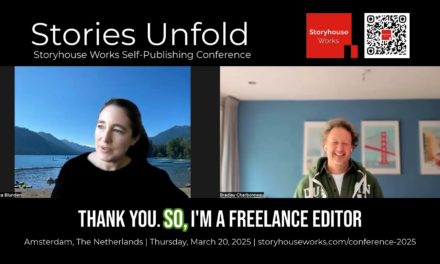
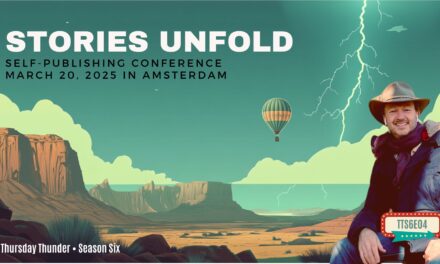




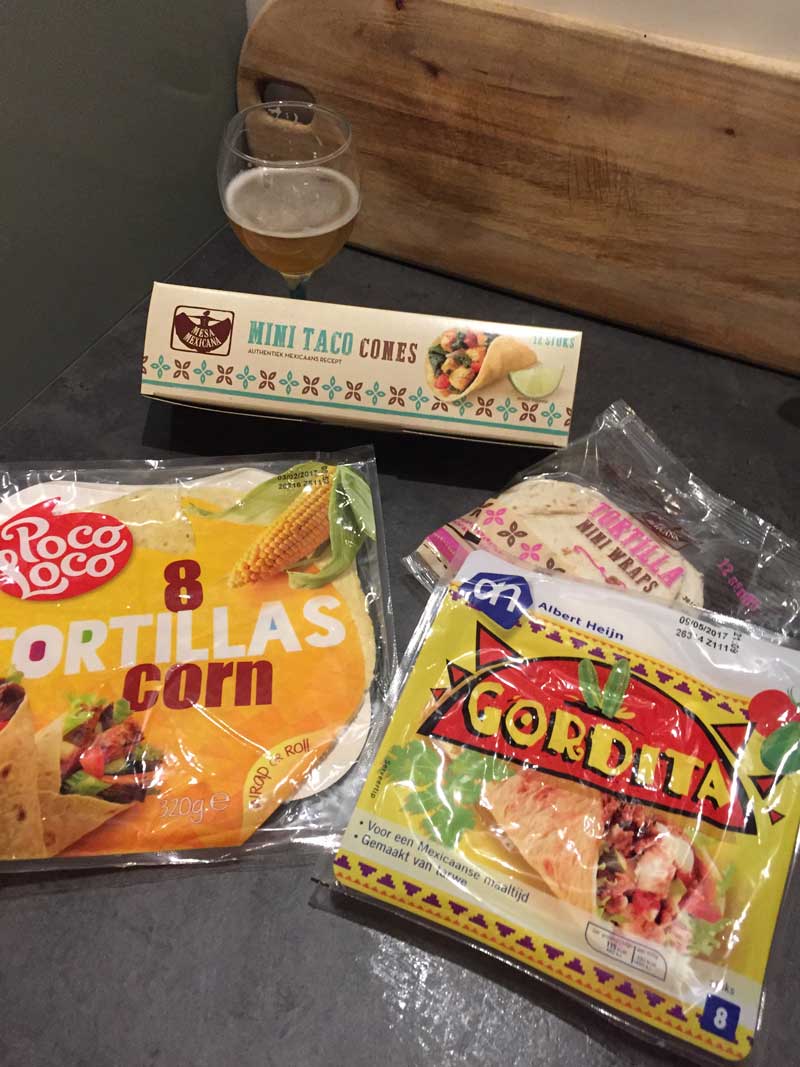



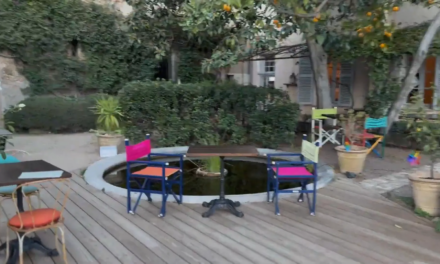









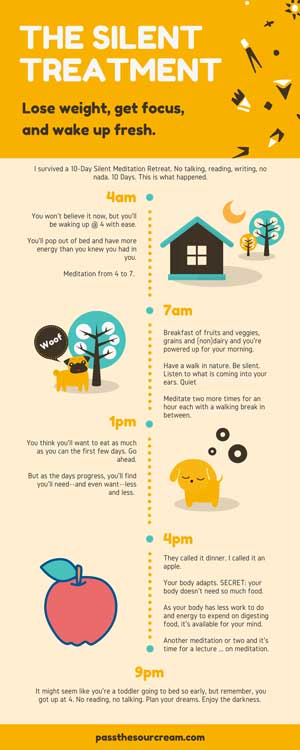
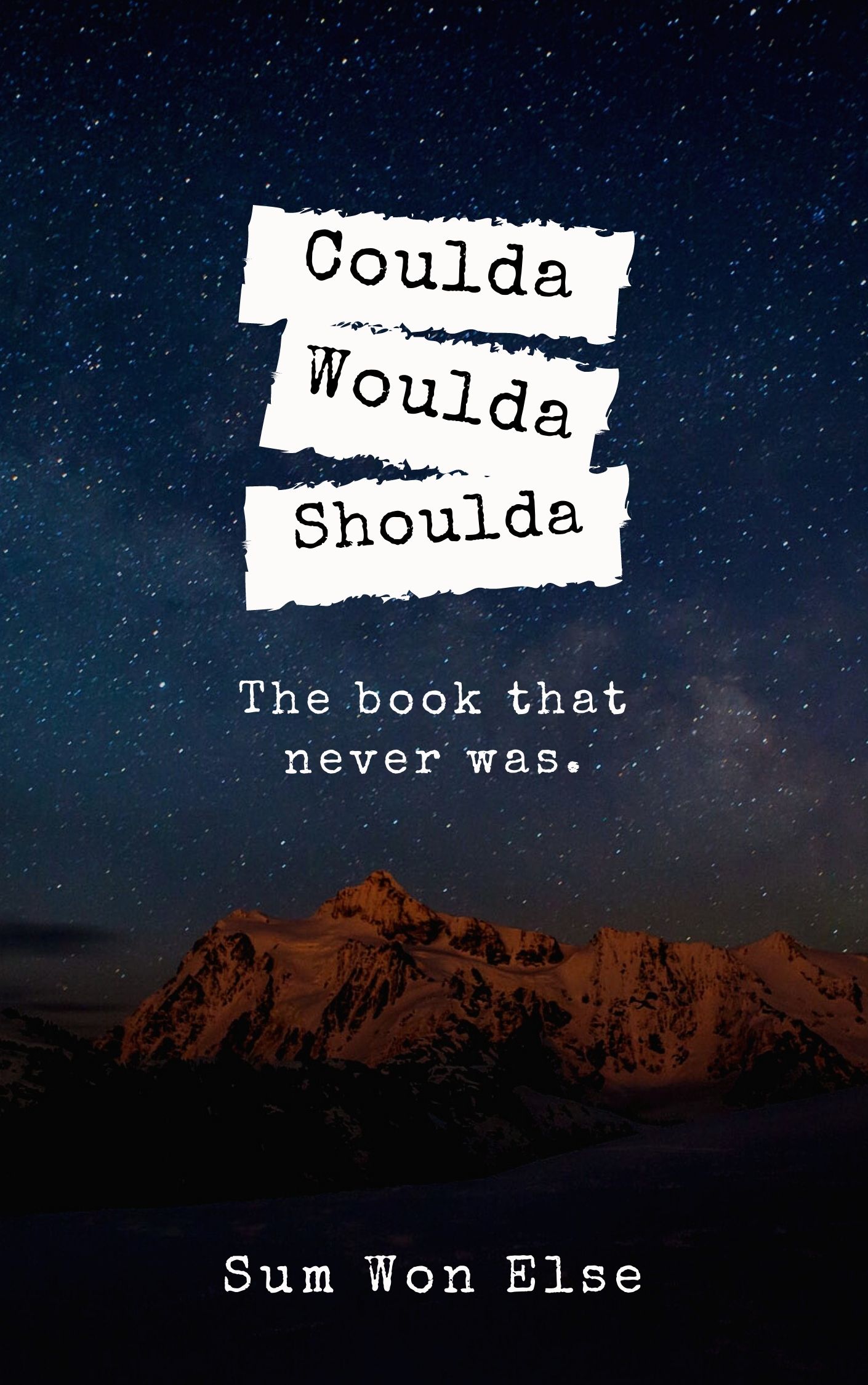

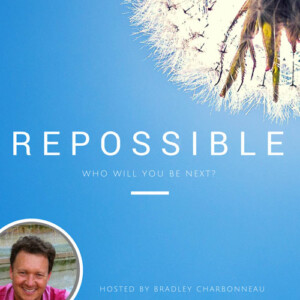




This is awesome – making the otherwise overwhelming social media world and pressure do-able and personalized as to what works for you. Deep breath. Thanks.
Thanx!
Great tips, David. Thanks for making it “repossible” instead of daunting. Is Mort Morte out? And does it have anything to do with Mr. Milder?
it is out! http://www.amazon.com/Mort-Morte-David-Henry-Sterry/dp/0615738265
& it is a secret history of mort milder’s life!
I’m honored, and a little bit confused.
“If someone does something nice for me online, it’s my natural inclination to do something nice for them. In a utopia, this would be how the world would work.” #LoveIt
i wish i lived in Utopia
Excellent advice, David. This stuff is a lot of work, but you’re right, also essential for anybody who wants to sell their book. Many talented writers will be left behind. Many mediocre writers will rise to the top, based on their willingness to do whatever it takes to build a strong following.
You’re very good at taking your own advice, by the way. Thank you.
A lot of really good points here.
I appreciate what you wrote about not running around the Internet looking for handouts, but rather spending time being of service.
That’s not only a more fulfilling way to be online, but in life as well.
well said, sir!
Eloquently said.
Very nice job connecting action and attitude as well as making it practical. Excellent read.
theory into practice, right? thanks!
7 minutes a day – I’m glad you think it’s possible. I have literally just started, and wading through this labyrinth is consuming blissful hours of my time. It’s nice to believe that once I find a location, build the home, and finally decorate it, I can relax and just do some spot cleaning – for 7 minutes a day. Right now I laugh at the possibility and hope your truth becomes my reality.
hey lemme know when u r up & running!
Maybe 10 minutes a day, but 7 sounds better, doesn’t it?
Like you Ida, I find mainstream social media a huge time robber. But after 7 weeks on the job, I am appreciating how it all comes together – eventually.
Best of Luck, my friend.
Thank you Marsha, I am neglecting a lot things but immersing myself in it for now, at lest while I do the A-Z challenge through April. It’s a fascinating place. Whether it’s 7 or 10 minutes, eventually doesn’t feel to far away. Best in return.
Hi Ida & Marsha,
I’m trying to approach it like exercise or even house cleaning: don’t run a marathon or empty the attic, just have a walk around the block or pick a single shelf and then stop. Then do a little more tomorrow.
It also helps with the dread of the huge mountain in front of you. Then it’s more a mole hill.
I say this as if it’s easy, but it’s still hard!
i like liek mountain/mole hill comparison
Hello Bradley and Ida,
Feel free to include me as a friend on Facebook and/or Twitter. I’m using Facebook to log in here. Don’t worry, I won’t ask you to “like” anything.
I’ve made a serious effort to connect with other creatives (writers, small publishers, artists, and activists in the past seven weeks) My goal was to make 300 “friends” on Facebook in eight weeks. I’m just about there.
Twitter, though, is both more rewarding, for a cultural anthropologist like myself, and more challenging. I joined a few days ago.
I recently read an article by a social media guru, Guy Kawasaki. Here’s his quick take on the most popular social media options:
People – Facebook. People go to Facebook to connect with people they know. It’s about pre-existing relationships.
Perceptions – Twitter. Twitter is about sharing perceptions about what’s around us with the world.
Passion – Google+. Guy believes people don’t go to Google+ for the same reason as Facebook – it’s less about who you know and more about sharing your passions widely.
Pinning: Pinterest is for posting visuals. It’s about the medium more than the people.
Pimping: LinkedIn. Guy apologized for the word choice but says he feels LinkedIn is for business connections and finding jobs.
You can have success on any of these platforms, but you need to approach each with an understanding of its culture and purpose.
Hope this is helpful.
“See” you on the boards.
Marsha
Very nice article with some great tips. Thanks David!
Than!
This is terrific advice! Most writers are so intimidated by the online world, and it doesn’t need to be difficult. I’ve been using social media for a long time, and I find it extremely useful, especially if you use it for information sharing. Thanks for helping to take the pressure off!
couldn’t agree more! thanks for kudos.
Loved your article, thank you. I’d also like to be able to read Marsha’s, but her comment disappears half-way through on my screen – what does she say?!
Hi Carlie,
I noticed that and was trying to fix it and … now succeeded!
Does it look better to you now? Can you read it?
Perfect, thank you! And I’m so glad you did – really interesting, and reassuring, actually…FB likes are so HARD!
Thank u very much!
Hi Carlie,
Isn’t the power of asking a secret? In fact, you didn’t even ask, you just mentioned FB likes and how hard they are to get. I took the initiative and went and liked your FB page (Carlie Lee). Good luck at the London Book Fair!
I’ve been dreading the “platform” – thanks for making it accessible. But what if you’re not published yet? Who would go to your site/read your tweets?
well, u send your tweets & posts to people u think would like them, and build it that way.
Thanks! I’m passing this on to my writer husband @clarkissimo !